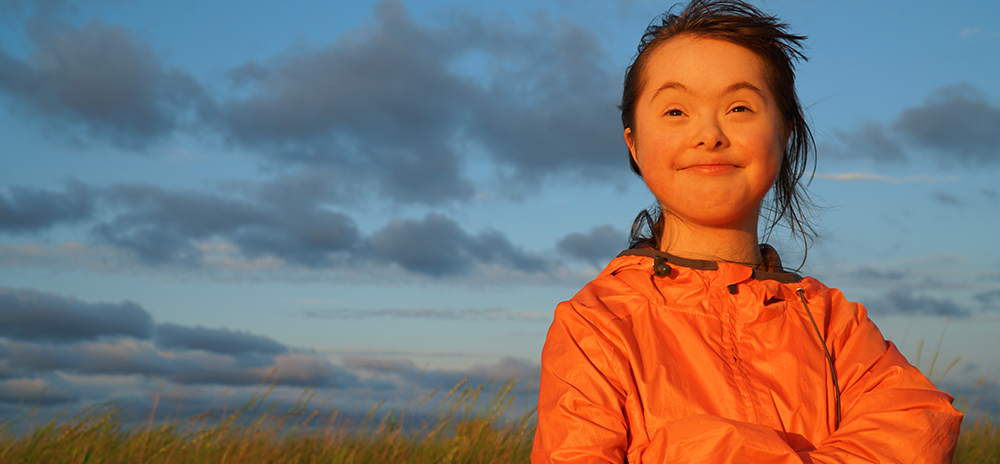
Understanding the current state of public health in Indigenous communities is key to identifying future directions for research, strengthening intercultural collaborations, developing engagement strategies, and sustaining a community of practice.
To address these important topics, the Natural Hazards Center—in partnership with the University of Colorado Boulder Center for Native American and Indigenous Studies, the Rising Voices Center for Indigenous and Earth Sciences, and the Bill Anderson Fund—is hosting a series of Tribal Engagement and Indigenous-Led Public Health Disaster Research Listening Sessions.
These sessions aim to contribute to our Public Health Disaster Research Award Program and are augmented by a recently released training curriculum on Indigenous Sovereignty in Emergency Response.
“We need to have in-depth conversations about the issues impacting tribal regions and Indigenous communities to focus our research efforts appropriately,” said Melissa Villarreal, a Natural Hazard Center graduate research assistant and Bill Anderson Fund fellow who will co-facilitate the sessions. “These conversations cannot be had without Indigenous scholars and those working in partnership with Indigenous communities at the table.”
Listening session participants of any career stage—from student to seasoned professional—are welcome, as are those with active projects and people who simply wish to learn more from those working in this area. We hope to bring together researchers and practitioners of Indigenous descent, as well as those who collaborate with Indigenous people on public health disaster research or work in tribal regions.
"As a tribal member, I am excited to learn from the Indigenous professionals who have experience collaborating with Indigenous communities and managing natural hazards, disasters, and public health issues within ‘Indian Country’,” said Natural Hazards Graduate Research Assistant Shelby Ross, who is also co-facilitating. “I hope that these meetings result in discussions and solutions that are culturally informed and meet the needs of our Indigenous communities."
Tribal Engagement and Indigenous-Led Public Health Disaster Research Listening Sessions Schedule
Virtual listening sessions will be held each Tuesday, beginning in June. The final listening session will be hosted in person at the 48th Natural Hazards Workshop in July.
Virtual Listening Sessions:
• Listening Session 1, June 6, 11:00 a.m. to Noon MDT
• Listening Session 2, June 13, 1:00 to 2:00 p.m. MDT
• Listening Session 3, June 20, 1:00 to 2:00 p.m. MDT
• Listening Session 4, June 27, 11:00 a.m. to Noon MDT
In-Person Listening Session:
• Listening Session 5, July 9, 3:45 to 5:00 p.m. MDT
To learn more and to register for the virtual Listening Sessions, please visit our Listening Sessions webpage. We also hope you’ll register for the Natural Hazards Workshop to join us for the in-person listening session.
Please contact Melissa Villarreal or Shelby Ross if you have any questions.
Acknowledgements: These Listening Sessions are hosted in partnership with the University of Colorado Boulder Center for Native American and Indigenous Studies, the Rising Voices Center for Indigenous and Earth Sciences, and the Bill Anderson Fund. These sessions are supported by the Centers for Disease Control and Prevention (CDC) through supplemental funding to the National Science Foundation (NSF Award #1635593). Any opinions, findings, conclusions, or recommendations expressed in these sessions are those of the participants and do not necessarily reflect the views of the CDC, NSF, or Natural Hazards Center.